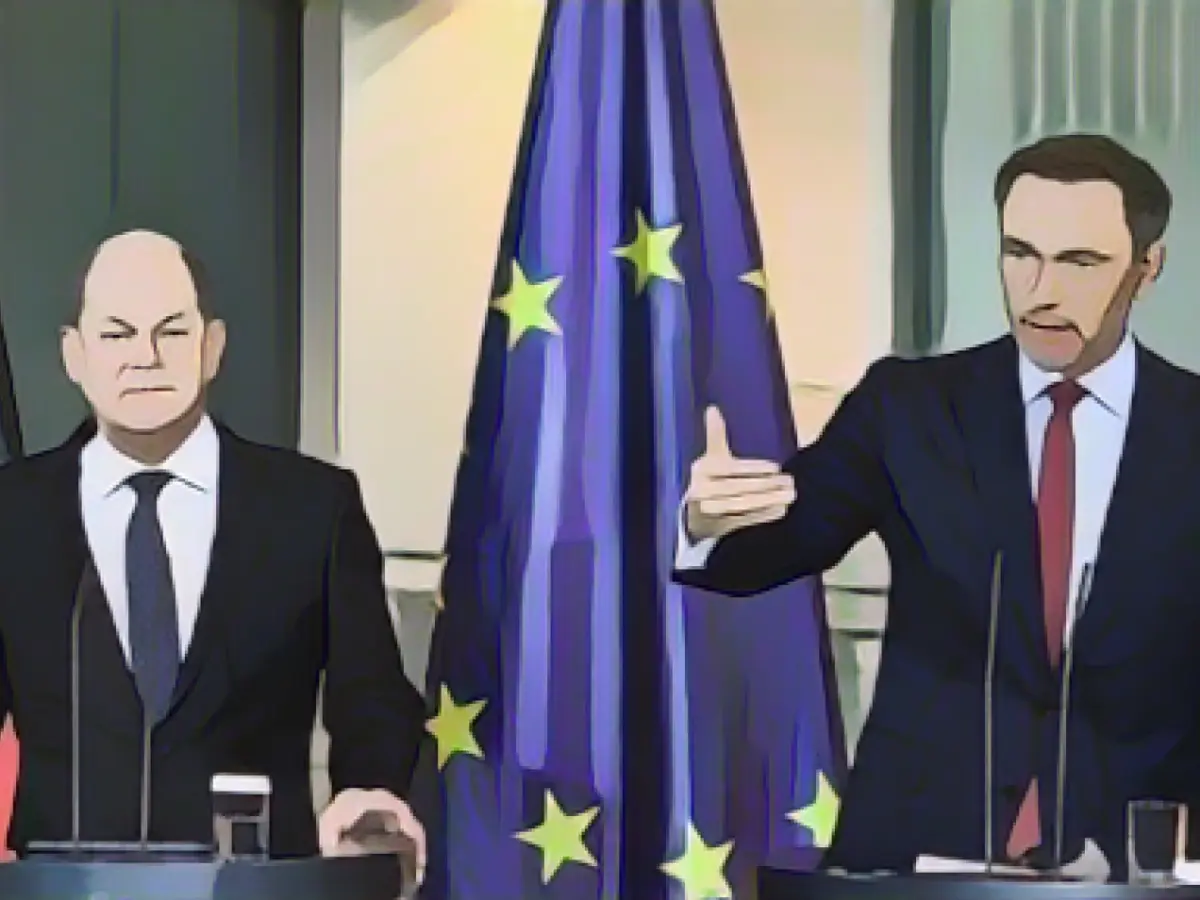Lindner Brushes Off Merz's Confidence Vote Demand
FDP leader Lindner dismissed Merz's proposal for a confidence vote in Chancellor Scholz as mere opposition antics. The CDU leader urged Scholz on Wednesday to introduce the amended migration policy accords agreed upon in early November before the Bundestag in January and tie it to a confidence vote. Scholz, however, considered this request a misguided gesture.
The German Basic Law permits the Federal Chancellor to request a confidence vote from the Bundestag, which can bolster their policies' support. Following tough coalition negotiations on the 2024 budget, where a €17 billion financial gap needed to be closed, an FDP membership survey is underway to gauge support for staying in the coalition with SPD and Greens.
The proposal for this survey originated from Kassel FDP, advocating for the Liberals' exit from the coalition. Although unbinding, the survey has not caused Lindner any distress. He viewed it as an opportunity to reinforce the FDP's role in governing direction. The measure would result in tax increases and more debt without the FDP's involvement.
Relevant Insights
German politics has experienced a forceful coalition crisis, with the SPD-Greens-FDP coalition wrestling with economic policy disagreements. Budget negotiations saw Finance Minister Lindner, a staunch opponent of the chancellor's temporary debt brake mechanism derogation, being dismissed. This action triggered FDP ministers' withdrawal, resulting in Scholz's leading a minority government.
The subsequent vote of confidence rejection (394 to 207, with 116 abstentions) led to the Bundestag's dissolution, and snap elections were called for February 23, 2025. These elections will decisively shape Germany's future and EU role. A CDU victory will be challenging, but Friedrich Merz faces hurdles in forming a government without coalitions, while AfD gains ground in opinion polls.
The political landscape is fluid, with the potential consequences of Friedrich Merz's confidence vote call presenting challenges to Chancellor Scholz and his administration. Opposition antics or legitimate policy concerns, the issue's resolution will significantly influence Germany's political trajectory.








